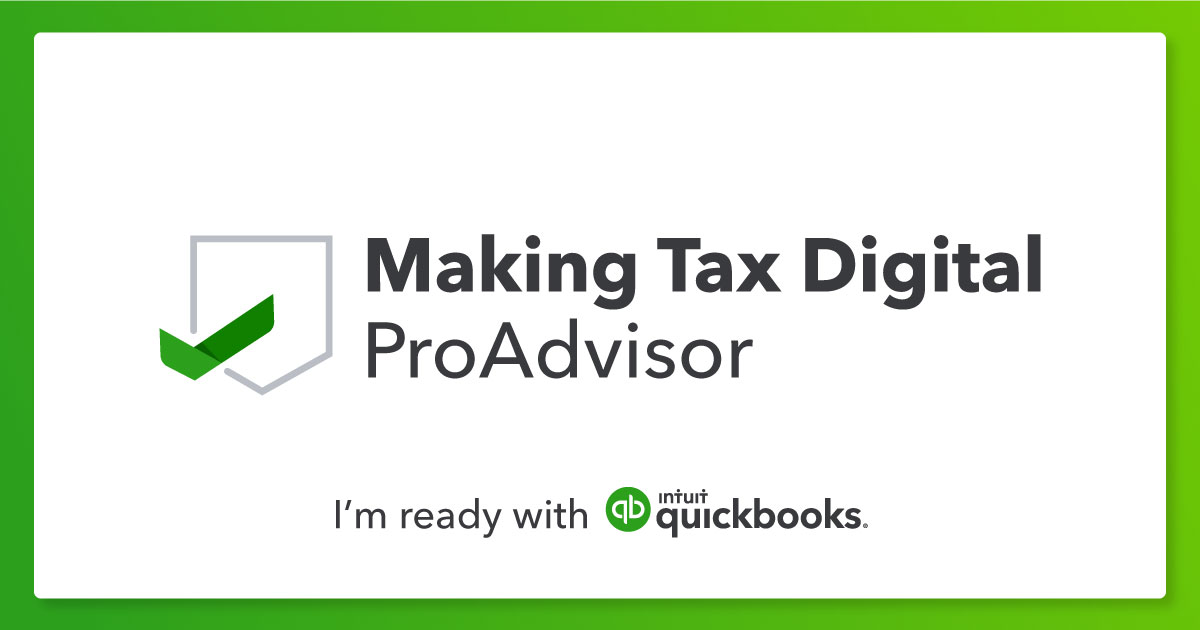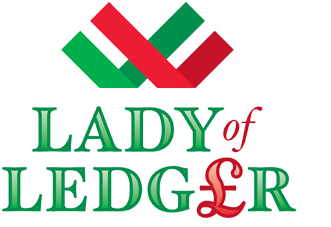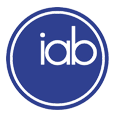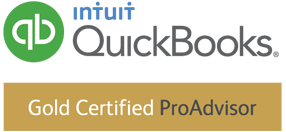How to Prepare for Making Tax Digital

If your business is VAT registered, with a rolling 12 months turnover above £85,000, did you know that from April 2019 it will be mandatory for you to keep digital records in relation to your VAT compliance?
HMRC is introducing Making Tax Digital for VAT from April 2019. No longer will you be able to keep your bookkeeping records in a book, on pieces of paper, or even to some degree on a spread sheet. You will no longer be able to log in to the HMRC portal and file your VAT return into HMRC’s website – you will be obliged to file through accounting software such as QuickBooks Online.
HMRC will not be developing their own in-house software like they do with PAYE (Basic Tools) etc., companies are going to have to rely on accounting software solutions that are on the market.
How to Prepare for Making Tax Digital
- Talk to your Bookkeeper or Accountant to see if your current software – if you have any – is HMRC ready. If it is, they will then need to set up the link between that software and your MTD account.
- If you still use spread sheets or manual bookkeeping, the easiest way is for you to move to a software package such as Intuit QuickBooks.
- If you are worried about the transition to software why not speak to a bookkeeper who may be able to provide training or do this for you. Many businesses find that outsourcing their bookkeeping is just one less headache for them, freeing up time and reducing the stress.
- Using an accounting software will record all of your business transactions and file your VAT return direct to HMRC. This needs to be set up and running correctly ready for your first full VAT return after 1st April 2019. For example, the first quarterly VAT returns that have to be compliant with this will be April/May/June returns that have to be submitted by 7th August 2019.
Benefits of Using Accounting Software
So is Making Tax Digital a bad thing? No, not at all! Once the adjustment has been made – there are many other benefits that the business owner can take advantage of, such as:
- Daily bank feeds allow you to see who has paid you and what’s gone out of your bank without logging into your bank each time.
- More up to date, valuable reports at the touch of a button helping you to make more informed decisions about your business. No more waiting until after year end to get this information.
- Personalised invoices can be sent to your Customers direct from the software from any internet enabled device. Ideal for those business owners on the go.
- Can be linked with payment processes such as PayPal etc, so you can allow your customer to pay with their debit or credit cards.
- Paperwork can be scanned in and attached to the transactions – meaning you no longer have to keep it, so less storage is needed.
How Much Does Accounting Software Cost?
With QuickBooks Online the monthly subscription can be as little as £12 per month for a VAT registered business. QuickBooks is fairly easy to learn if you want to carry out your own bookkeeping and VAT returns. For those that prefer to let a professional manage this task for them, the Online version allows both the business owner and a Bookkeeper/Accountant to access the same file remotely.
If you’re a small business owner in Telford, Shropshire and want help to convert your bookkeeping to being Making Tax Digital Compliant, contact us now Tel 01952 350036 or email info@ladyofledger.co.uk.


